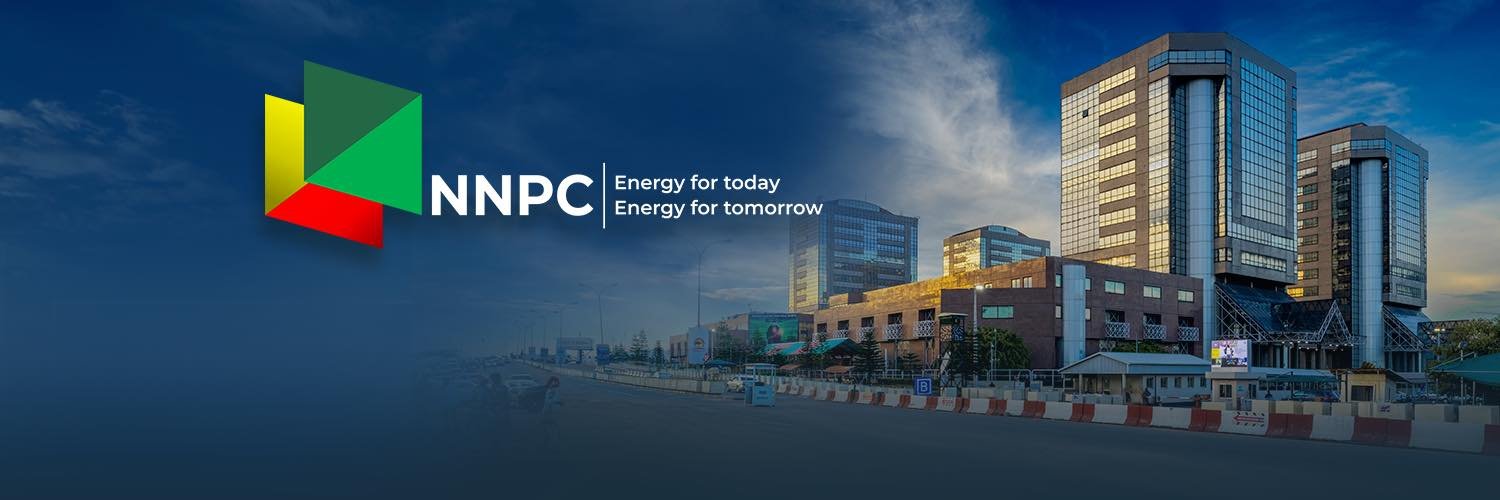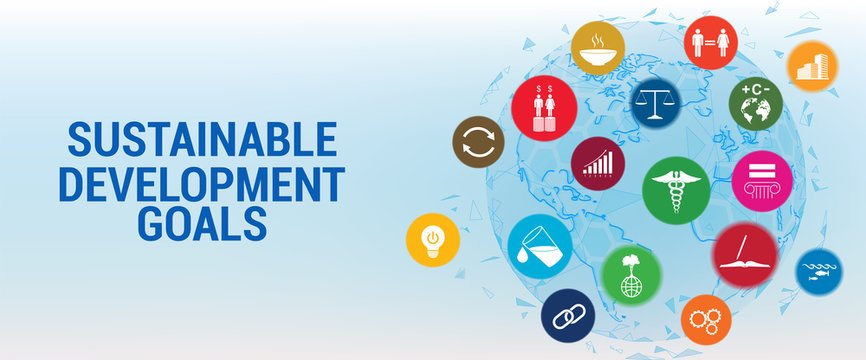By Doris Obinna
As Nigeria joins the international community to mark the 2024 dyslexia day to raise awareness about the worrisome reading disorder in millions of children worldwide, a University Don, Prof. Ifeoma Udoye has advocated early detection and revealed scientifically proven methods of tackling the problem.
Commemorating the 2014 world dyslexia day on Monday, Prof Udoye, enumerated methods that can help parents and teachers in identifying young children who are at the risk of reading and learning difficulties referred to as dyslexia.
The event was organised by Women Foundation for Improved Living Standards (WOFILS) in collaboration with Nwafor Orizu College’s Primary School, Anambra State.
In her keynote address, Pro Udoye disclosed that early detection would go a long way in tackling this challenges.
According to her, keeping eyes on children’s linguistic growth such as difficulty in pronunciation and rhyme, observing children’s inability to connect print to language like naming individual letters and knowing your family history and be alert to genetically inherited problem of speaking, reading, writing or learning foreign language transferred to children can help identify young children who are at the risk.
Prof Udoye who is the sub-Dean, Faculty of Arts, Chukwuemeka Odumegwu Ojukwu University, Anambra State, explained that dyslexia is not a disease but a difficulty in learning to read which impacts on a child’s capacity to identify and manipulate linguistic sounds or comprehend new words.
According to her, one in every five kids have dyslexia and 80 per cent -90 per cent of children with learning disabilities are termed dyslexic while undiagnosed children carry the condition to adulthood.
She pointed out that many Children go undiagnosed as challenges in schools are mistakenly attributed to low IQ, low level of efforts or environmental circumstances with the attendant consequence of causing low self esteem, anxiety and depression.
The Linguistic Professor noted that early detection and intervention are paramount, as research has shown that 70 per cent of dyslexic children who receive educational intervention in kindergarten or first grade become proficient readers and manifest other hidden talents.
Prof Udoye therefore called on government at all levels, policy makers, parents and teachers to take collective and decisive action on formulating and implementing policies to combat dyslexia in children nation wide.
Earlier, the Senior Special Assistant to Anambra State Governor, Hon Obiora Nwachukwu, commended the efforts of the organisers and stressed the need for sustained public awareness campaigns to end stereotypes and stigmatisation of dyslexic children.
Hon Nwachukwu gave the assurance that Anambra state government is strongly committed to tackling the problem of dyslexia in schools across the state.
Another speaker, Mr Ezenwanne Obinna said 32million Nigerians consisting of school children suffer from dyslexia with 30 to 50 per cent chances of being inherited genetically.
Obinna said that dyslexic persons can still be successful in life citing personalities like billionaire entrepreneur, Richard Branson, ace journalist Anderson Cooper, actor Jennifer Anniston and a host of others.
The primary school pupils of Nwafor Orizu College spiced the colourful event with drama and cultural performances.







